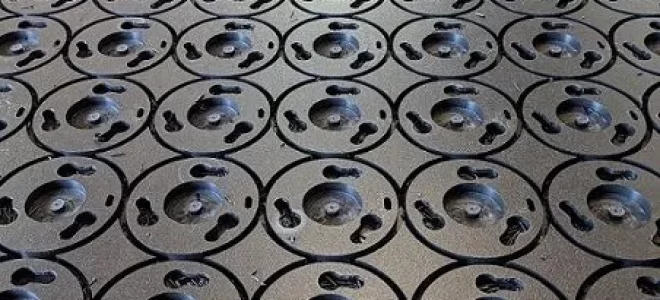Today’s health care industry is growing by leaps and bounds. It seems like almost every day, a new kind of device hits the market and the need for precision work like medical implant machining is ever-increasing. Many kinds of surgical tools and implants require precision work called micromachining. Here is more about the process and how it works.
What is Micromachining?
Micro refers to things that are very small, but micromachining does not mean manufacturing tiny parts. It refers to the process of machining parts to tolerances not in fractions of an inch, but in microns. For example, when surgical screws are needed for reconstruction work, they need high tolerance threads to hold fractured or splintered bones together. Pins, rods, and screws are usually made from difficult to work with materials like titanium, and this can make the process of medical implant machining even more difficult.
Why are special materials like titanium used for many implants? The body may react to most metals, but it does not usually react to titanium.
Why Are Most Implants Precision Machined?
* The need for highly precise machining is important for three reasons.
* To make components easier to interchange – by making many parts interchangeable you can lower the costs.
* Improve quality control – this creates fewer flaws and implant failures.
Increase the wear life of implants
Special Requirements
It’s important to use materials like titanium and medical quality plastics because they have to be very strong, yet small. Implants must resist corrosion and wear and tear.
Finding the Right Medical Implant Machining Source
When you need a source for precision machined medical devices, it’s important to use a company with experience and the necessary qualifications. For example, shops with an ISO 13485 certification have special quality control measures in place to meet the demands and standards set by the medical device industry.





